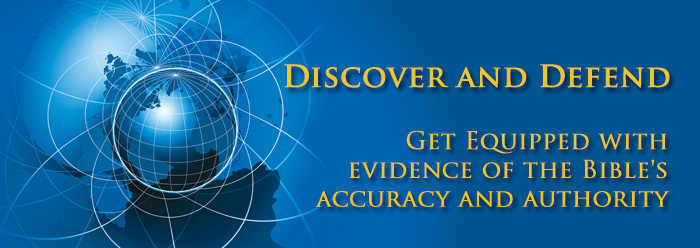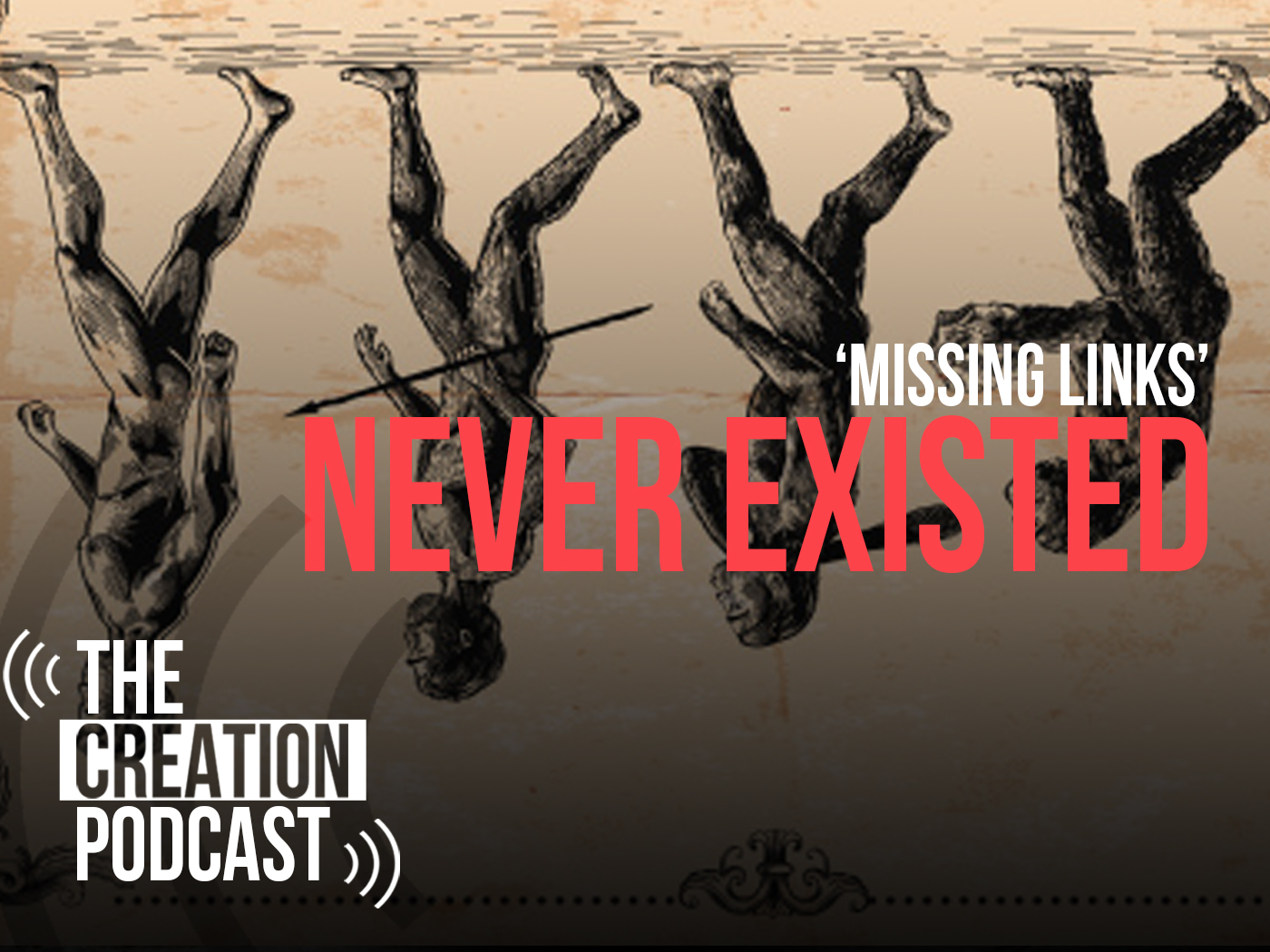unknown tongue
1 Corinthians 14:4
14:4 unknown tongue. The word “unknown” is not in the original, but was supplied by the King James translators to emphasize that the language being used was one that was not known to the rest of the congregation, and so such an inspired message would be of no value to them. The gift of languages was spectacular and obviously supernatural, but it was useful only if someone hearing it could actually understand it and interpret (that is, translate) it for the others, so they also could profit. It was given by the Holy Spirit both as a sign of His presence and also to convey a profitable message to at least some in the audience.
The gift of prophecy was not as spectacular, though more profitable. Thus one possessing the gift of tongues could more easily become puffed up and be tempted to use his ability just to draw attention to himself (or herself)—that is, to “edify” (or “build up”) himself. In fact, it is probable that he might even open himself to demonic inspiration, for it is unlikely that the Holy Spirit would inspire a message that would be mere gibberish to its hearers. In the definitive passage on this gift, when it was first given on the day of Pentecost, the result was that “the multitude came together, and were confounded, because that every man heard them speak in his own language. And they were all amazed and marveled, saying one to another, Behold,…we do hear them speak in our tongues the wonderful works of God” (Acts 2:6-7,11). When one really has the Spirit’s “gift of tongues” and uses it properly, then some such result as this should follow. Otherwise, it is useless, or even dangerous.







